We call for a wilder Europe to help mitigate the current climate and nature emergency and create new opportunities for Europe.
Conservation efforts over the past 30 years, in Europe and farther afield, have shown that the protection of existing nature is simply not enough. We believe that large scale recovery of nature – based on rewilding principles – should be a key priority in EU policy.
An ever-growing number of rewilding initiatives are gaining momentum and delivering results across Europe. There has never been a greater need to drive forward and scale up practical rewilding.
Join us in creating a wilder Europe, providing benefits that we can all share!
18
initial supporters
42
endorsements
Scroll down for a full list of organisations who have joined the call to action.
Call to Action
To achieve this, we call upon:
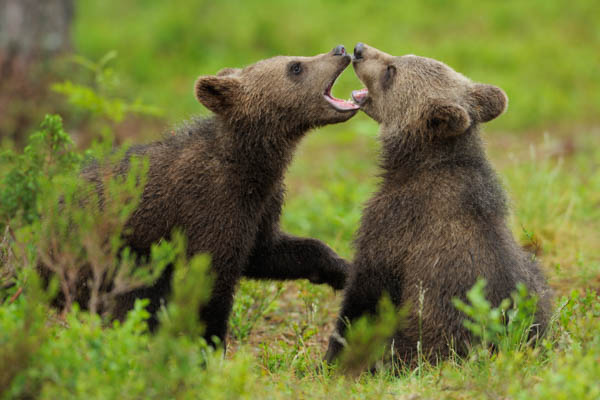
Citizens
to embrace the comeback of wild nature and wildlife, benefitting from wilder landscapes and seascapes and enjoying the abundance of free-roaming wild animals across Europe.
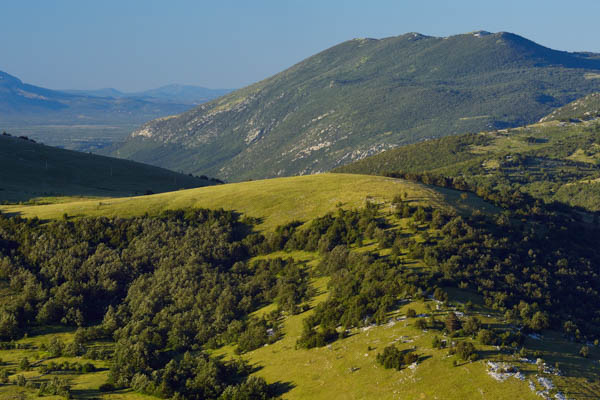
Politicians and policy makers
to make large-scale ecological restoration a top policy priority as part of the European Green Deal and national policies, promoting and using rewilding principles.
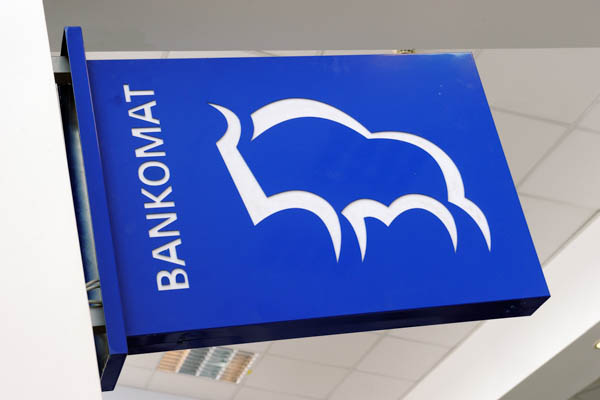
Financiers, investors and insurers
to help make rewilding financially feasible and investable, and to support rewilding initiatives at scale across landscapes and seascapes through different forms of finance.
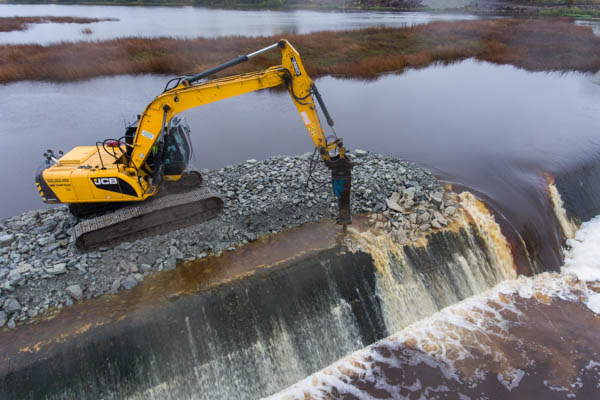
Water managers, energy and navigation companies
to remove artificial barriers, enhancing wild nature, natural flooding regimes and nature-based solutions through the creation of free-flowing waterways.
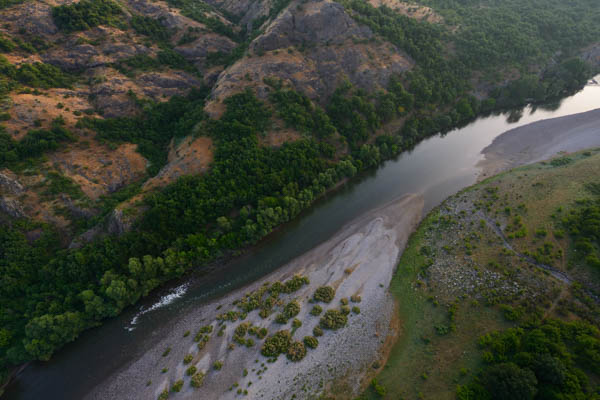
River managers
to restore natural floodplains to reduce flood risk and store water in upper catchments for periods of drought.
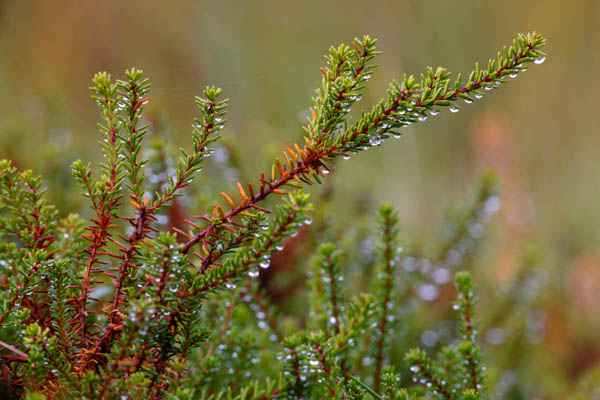
Water and wetland managers
to take the lead on restoring wetlands and rewetting peatlands as major carbon sinks, thereby mitigating the impact of climate change.
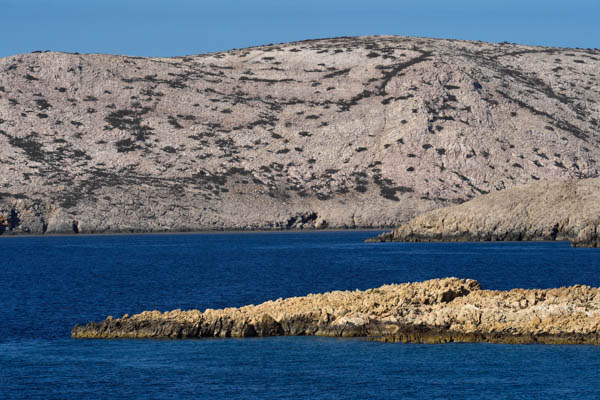
Coastal and marine managers
to reduce obstacles, such as coastal defence structures and industrial fishing practices, for recovering coastal and marine life, and to establish no-take zones for fishing, to cope with challenges such as rising sea levels and temperatures.
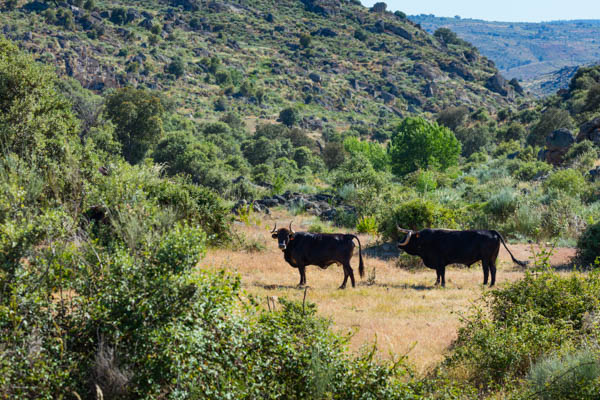
Land managers and policy makers
to embrace natural grazing by large (semi) wild herbivores, facilitated by a supportive financial and regulatory system provided by the European Commission and effected at EU member state level.
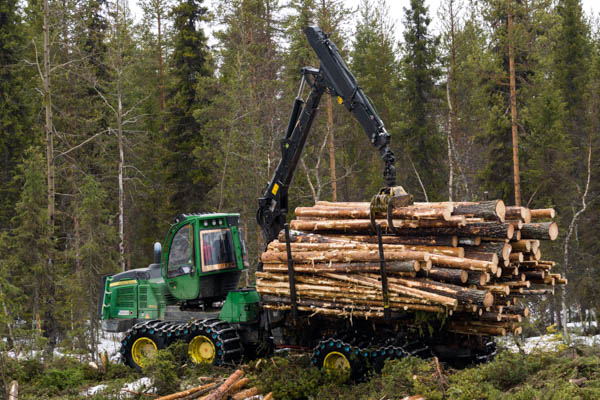
Foresters and forest managers
to lead a transition towards wilder forest landscapes through the adoption of ecology-based forestry, setting aside no-use areas and corridors in the landscape, protecting all remaining old-growth forests.
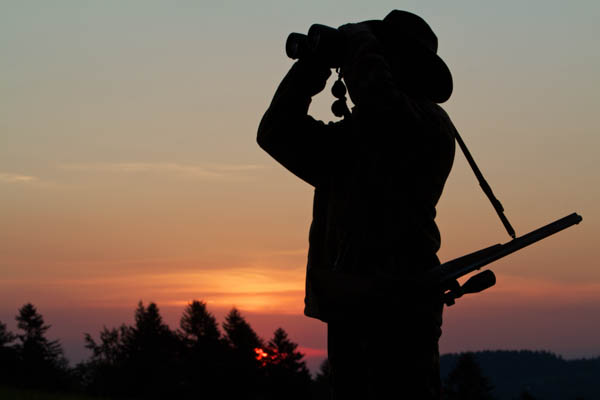
Wildlife managers and hunters
to help restore abundant and diverse wildlife populations through the creation of no-take zones and by supporting population enhancement measures and reintroduction of lost species.
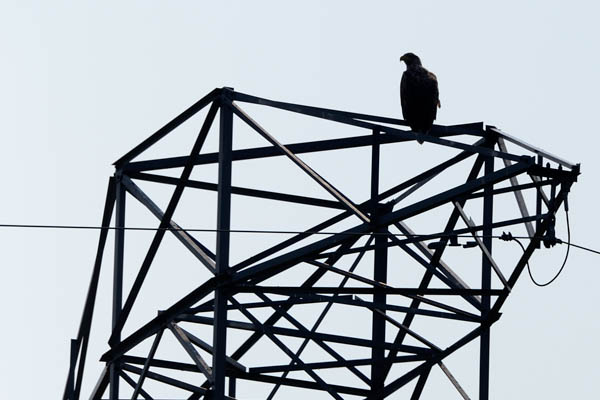
Energy producers
to ensure wild places and natural processes are not constrained by the transition to a carbon-neutral society. This particularly refers to the negative impacts of biomass production, wind farms and solar fields.
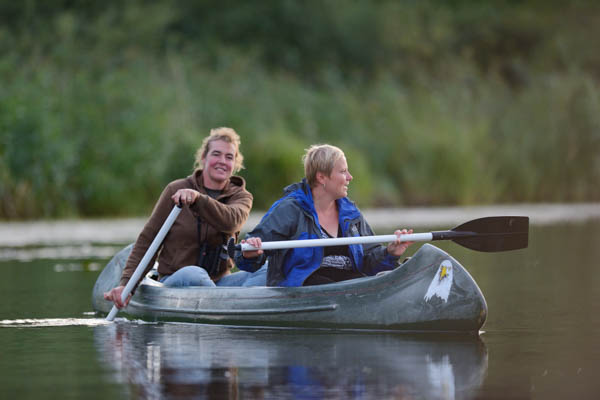
Tourism operators, entrepreneurs and protected area managers
to embrace the opportunities rewilding brings to develop wildlife and nature-based economies.
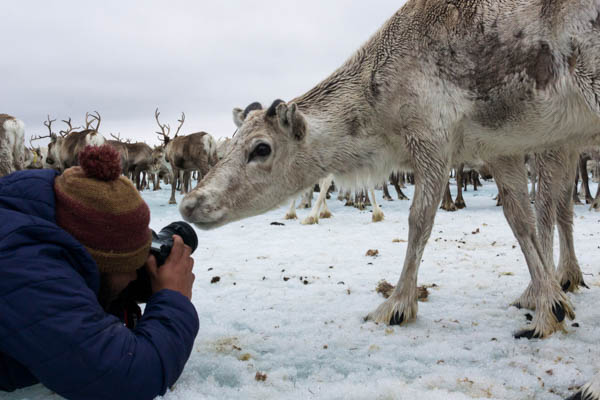
Communicators and marketeers
to amplify the stories of rewilding and initiate rewilding-related dialogue at all levels.
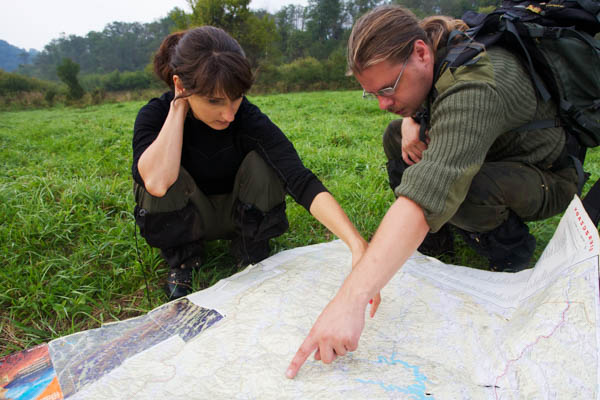
Scientists and researchers
to conduct rewilding-related research and monitor impact, thereby enhancing rewilding outcomes.
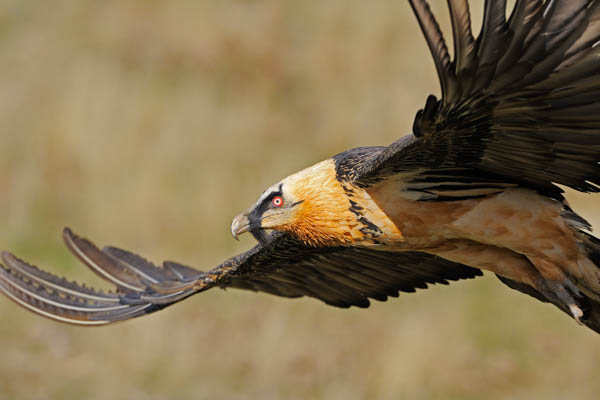
Leaders of NGOs, civil society organisations and action groups
to join the rewilding movement and practice rewilding as a solution to the biodiversity and climate emergencies in Europe.
Organisations:
Join the Call to Action
We invite organisations to co-sign the Call to Action. Please send us an email (including a logo) if you would like to add your organisation.
Everybody:
Share the Call to Action
Please share this Call to Action by using the image below along with the hashtag #CallForAWilderEurope and a link to this page.
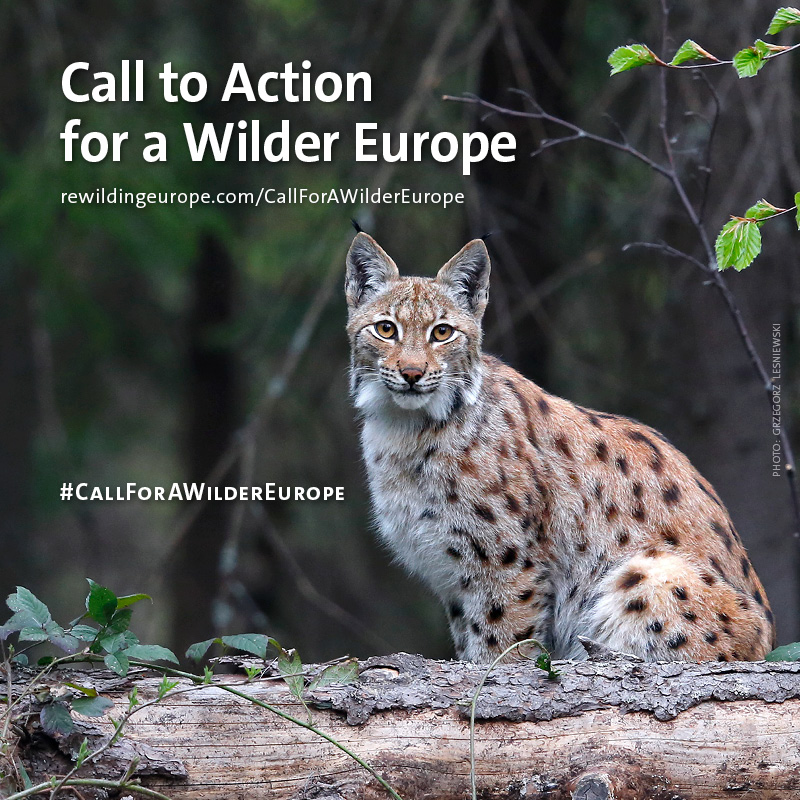
Why now?
There has never been a greater need to drive forward and scale up practical rewilding.
We need a Call to Action for rewilding now because:
The European Commission is preparing a European Green Deal – an historic opportunity to reposition rewilding high on the political agenda.
Nature-based solutions are now recognised and understood as a key factor in policy discussions relating to biodiversity and climate, with 2021–2030 declared the UN Decade on Ecological Restoration.
The European Commission is preparing a new EU Biodiversity Strategy for 2020–30 in which rewilding should be recognised as a legitimate, innovative and modern approach to restoring ecosystems and species.
A growing number of European countries (such as Germany, France, the United Kingdom and Finland) have prepared or are preparing policies, policy statements or principles about rewilding, self-willed land and wilderness.
An ever-growing number of rewilding initiatives are gaining momentum and delivering results across Europe.
Young people are demanding a different future, where people co-exist with nature and natural systems allow communities to prosper. We want to empower people – younger generations – to help restore the natural world.
The principles of rewilding
Rewilding practitioners from across Europe have co-formulated a set of principles that characterise and guide rewilding in a European context. All equally important, these are as follows..
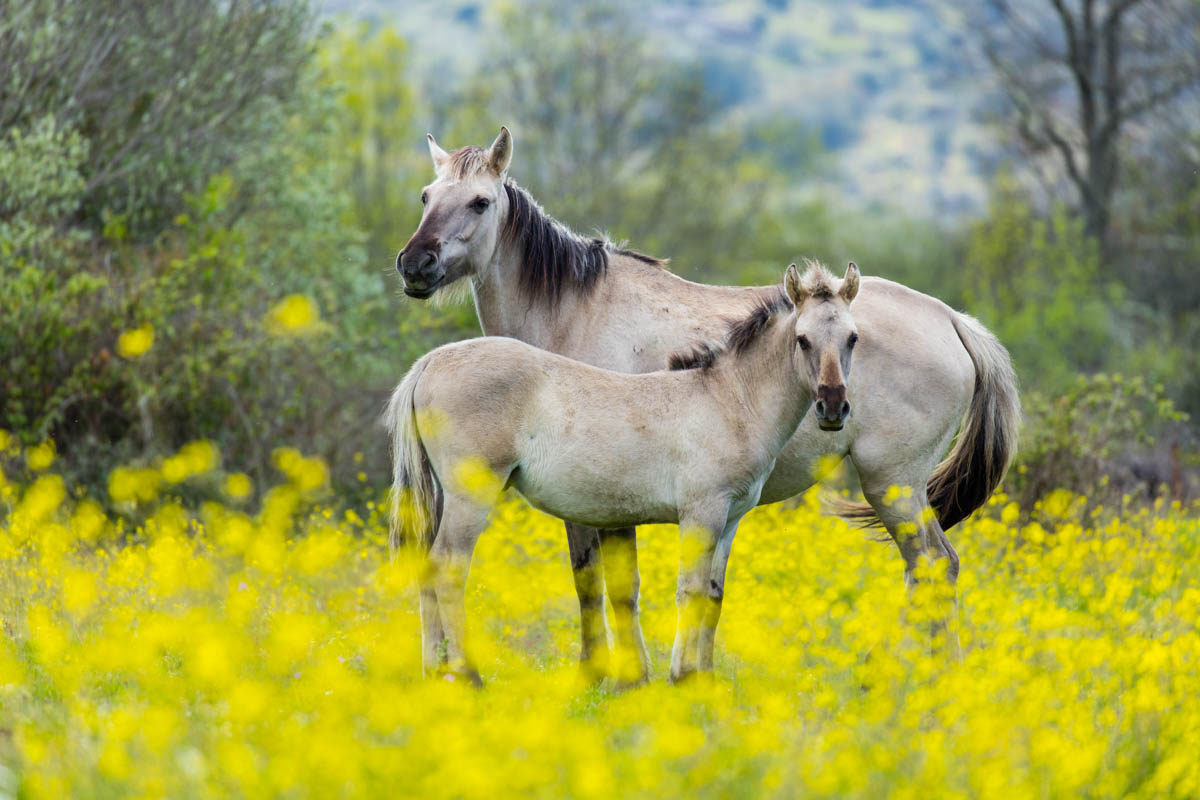
Providing hope and purpose
Rewilding generates visions of a better future for people and nature that inspire and empower. The rewilding narrative not only tells the story of a richer, more vital tomorrow, but also encourages practical action and collaboration today.
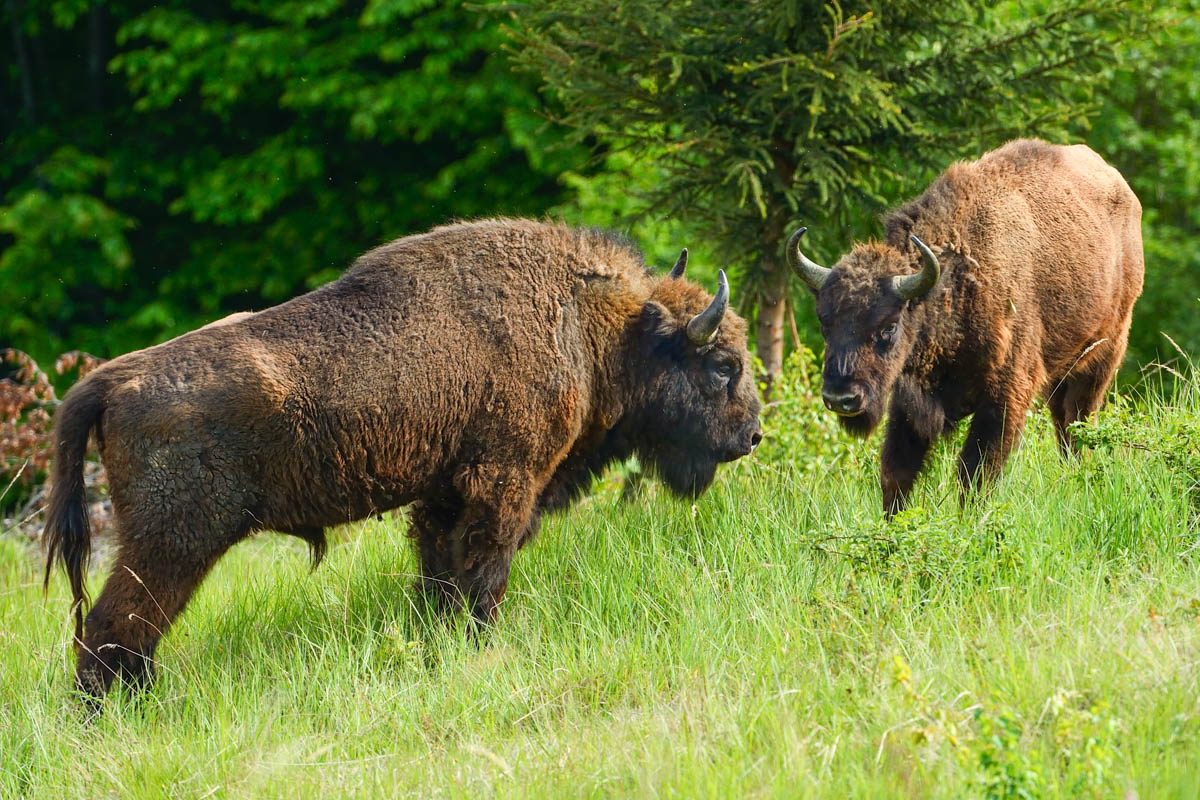
Offering natural solutions
By providing and enhancing nature-based solutions, rewilding can help to mitigate environmental, social, economic and climatological challenges.
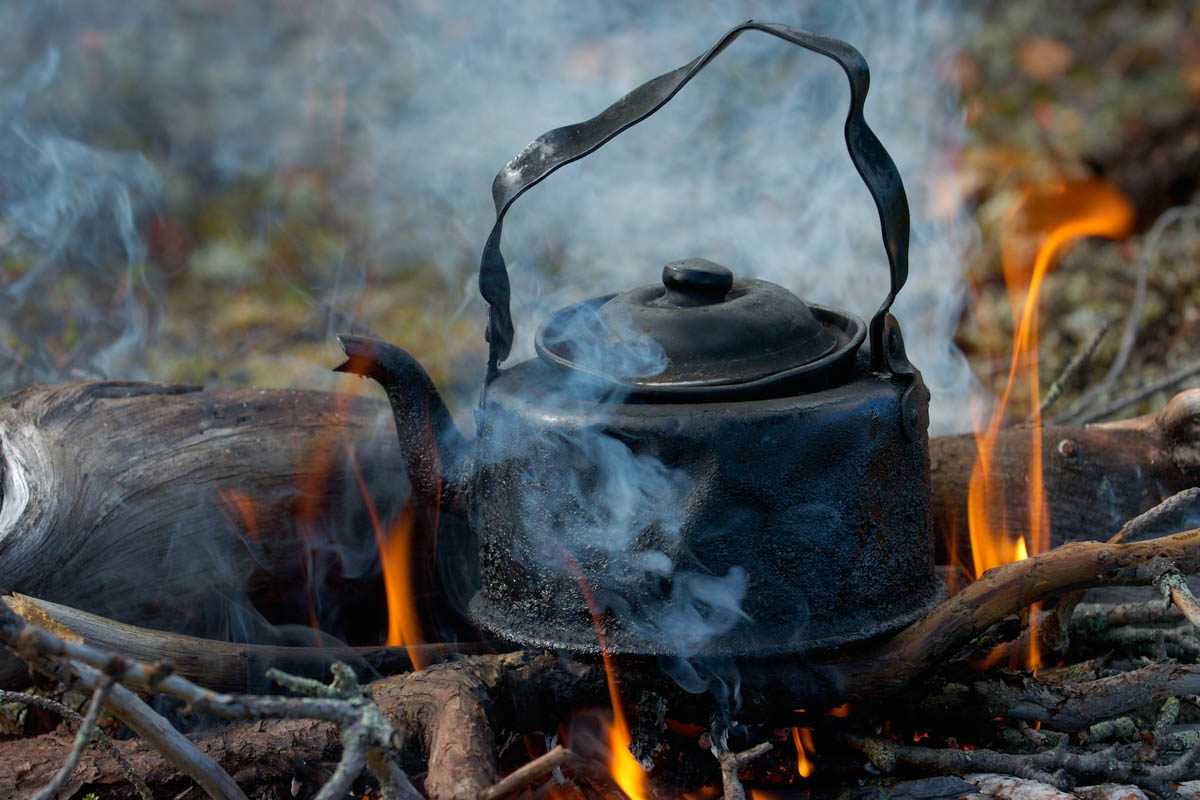
Thinking creatively
Rewilding means acting in ways that are innovative, opportunistic and entrepreneurial, with the confidence to learn from failure.
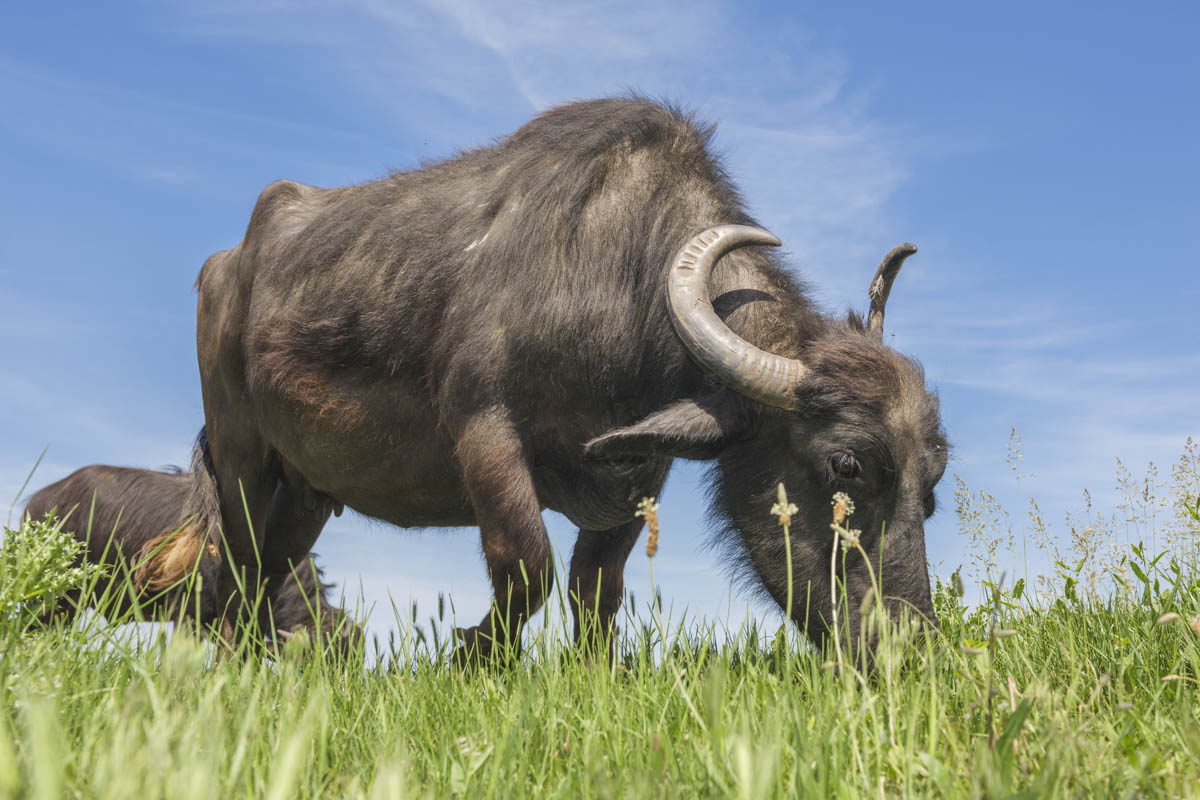
Complementary conservation
Rewilding complements more established methods of nature conservation. In addition to conserving the most intact remaining habitats and key biodiversity areas, we need to scale up the recovery of nature by restoring lost interactions and restore habitat connectivity.
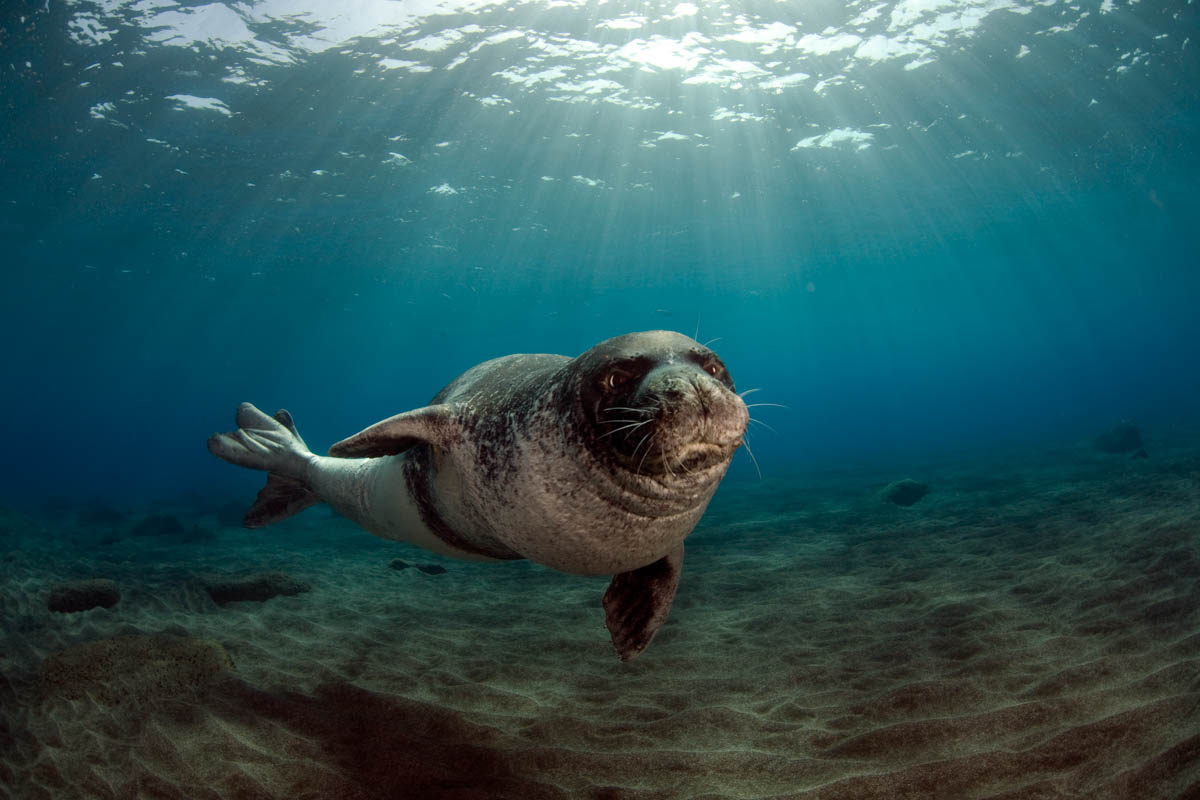
Letting nature lead
From the free movement of rivers to natural grazing, habitat succession and predation, rewilding lets restored natural processes shape our landscapes and seascapes in a dynamic way. There is no human-defined optimal point or end state. It goes where nature takes it. By helping nature’s inherent healing powers gaining strength, we will see people intervene less in nature going forwards.
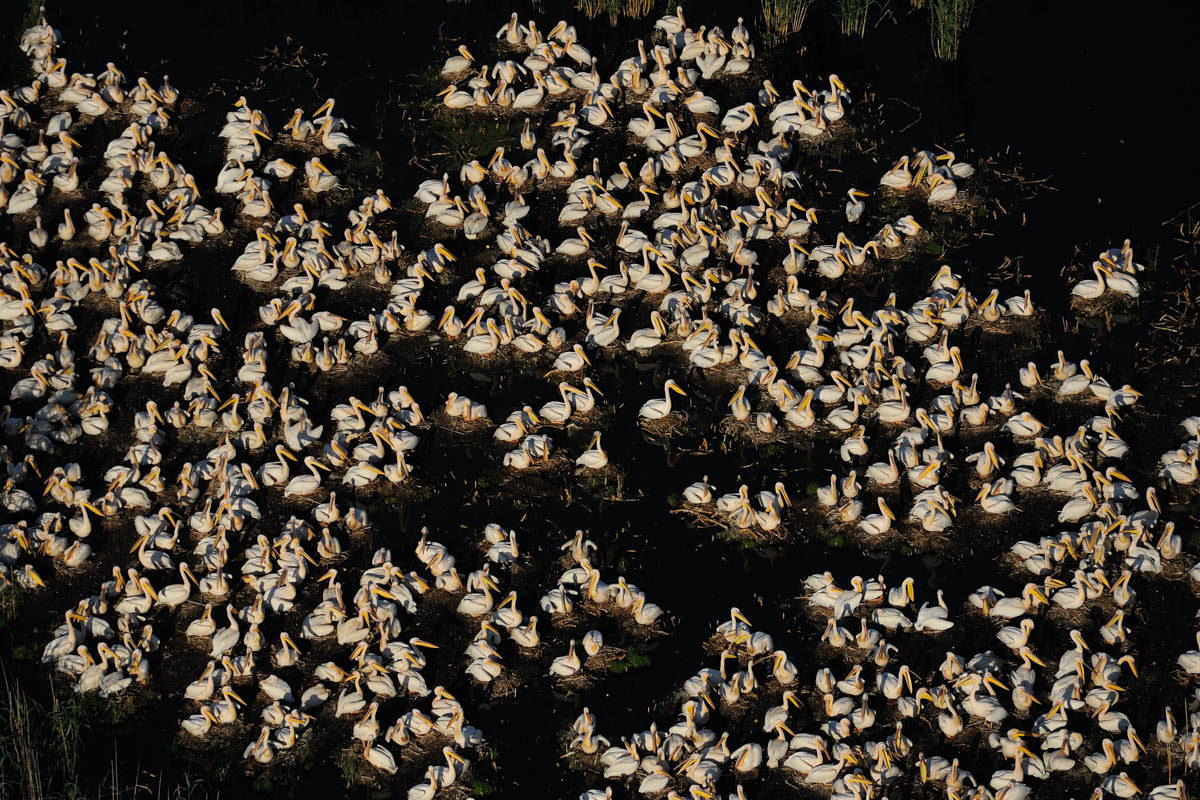
Working at nature’s scale
Rewilding means working at scale to rebuild wildlife diversity and abundance and giving natural processes the opportunity to enhance ecosystem resilience, with enough space to allow nature to drive the changes and shape the living systems.
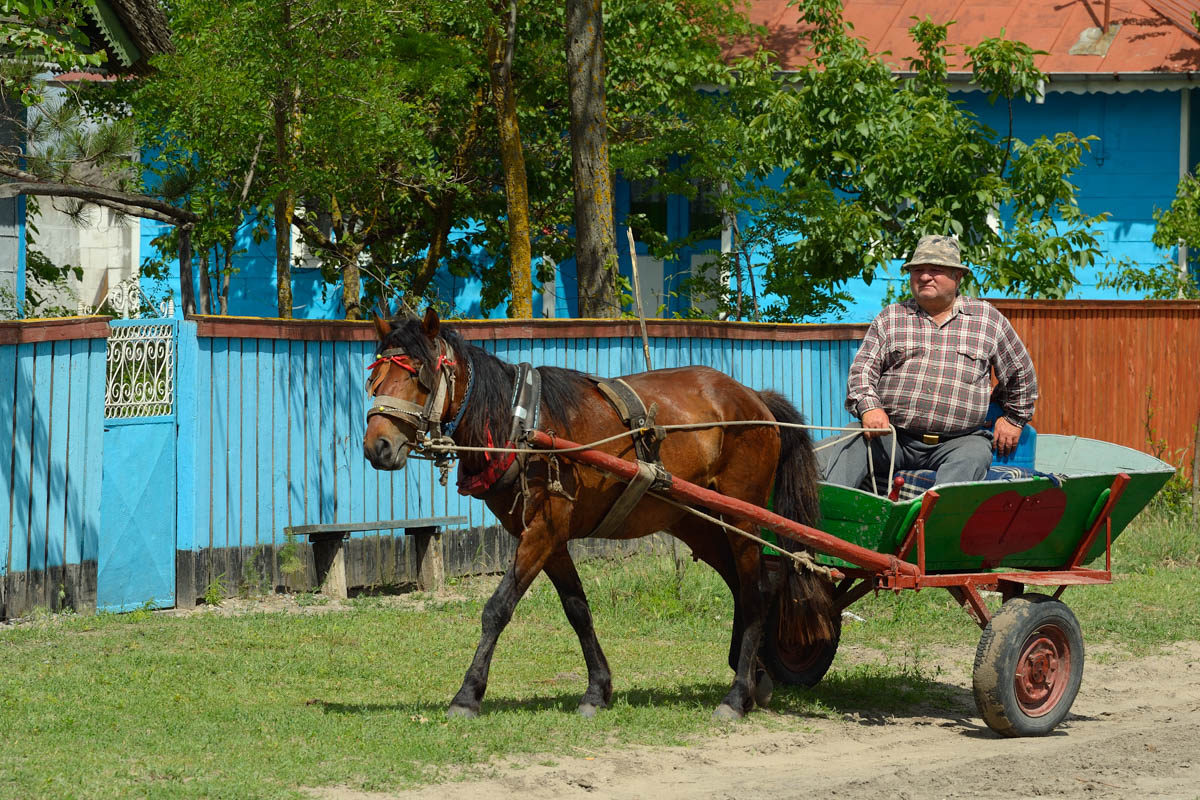
Acting in context
Rewilding embraces the role of people, and their cultural and economic connections to the land. It is about finding ways to work and live within healthy, natural vibrant ecosystems and reconnect with wild nature. We approach rewilding with a long-term knowledge of the environmental and cultural history of a place.
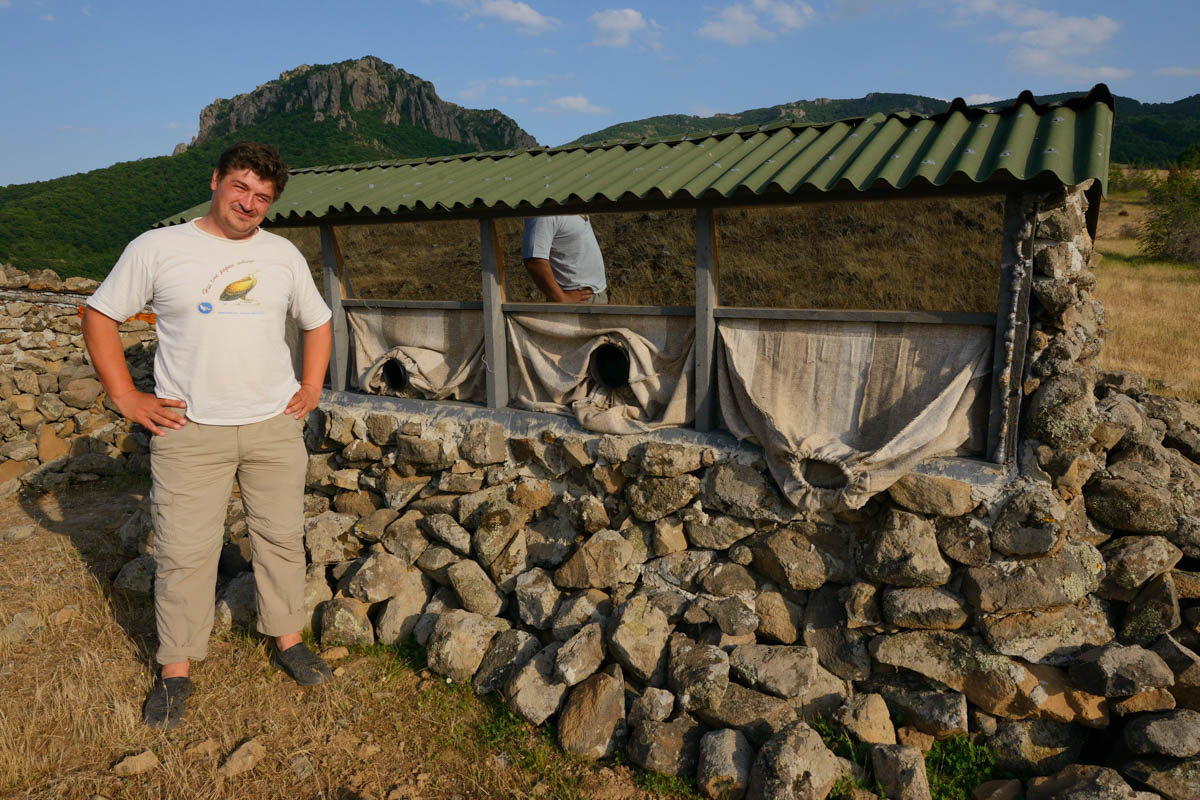
Building nature-based economies
By enhancing wildlife and ecosystems, rewilding provides new economic opportunities through generating livelihoods and income linked to nature’s vitality.
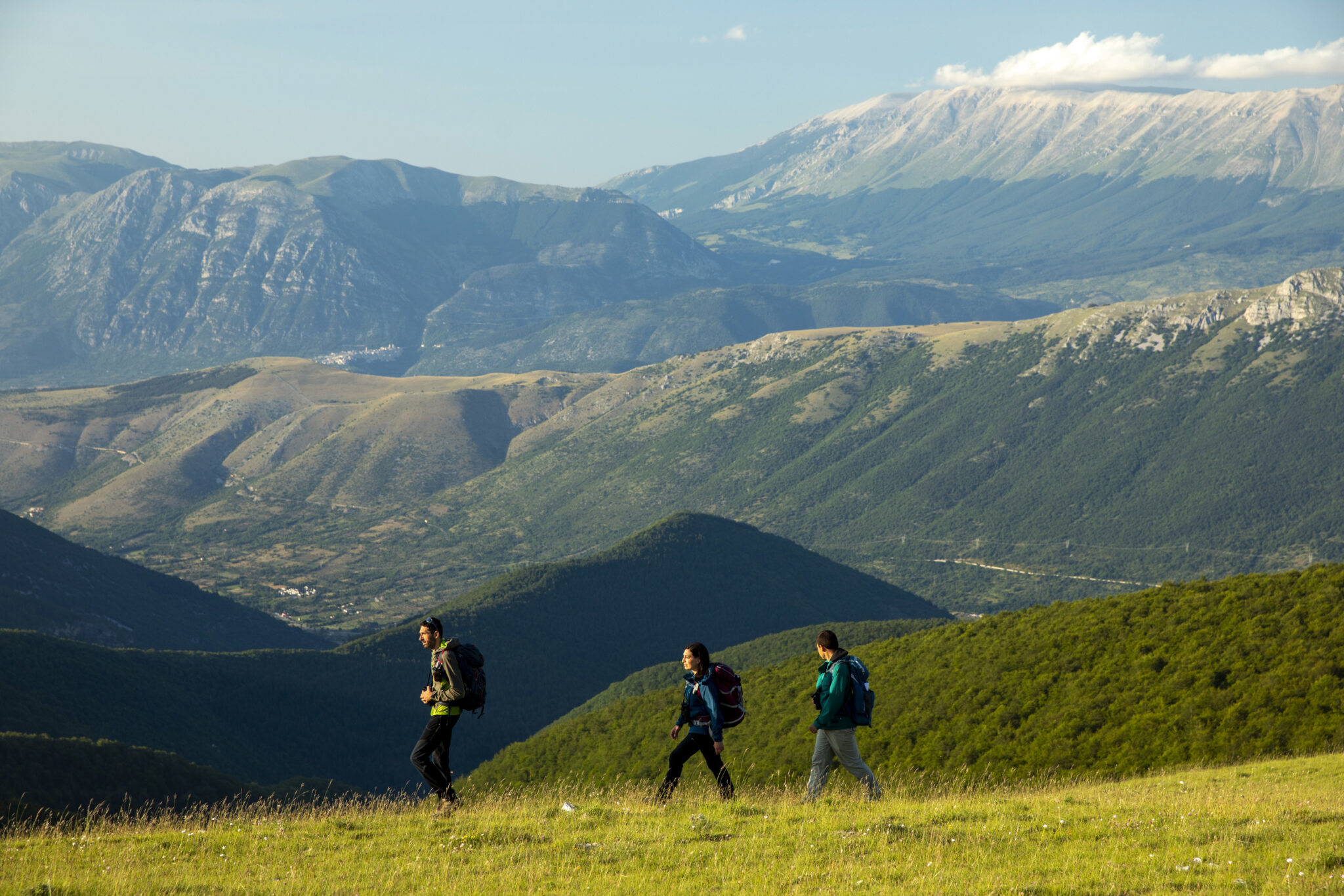
Long-term focus
To ensure sustained positive effects on biodiversity and resilient ecosystems for future generations, rewilding efforts aim and work on a long-term perspective.
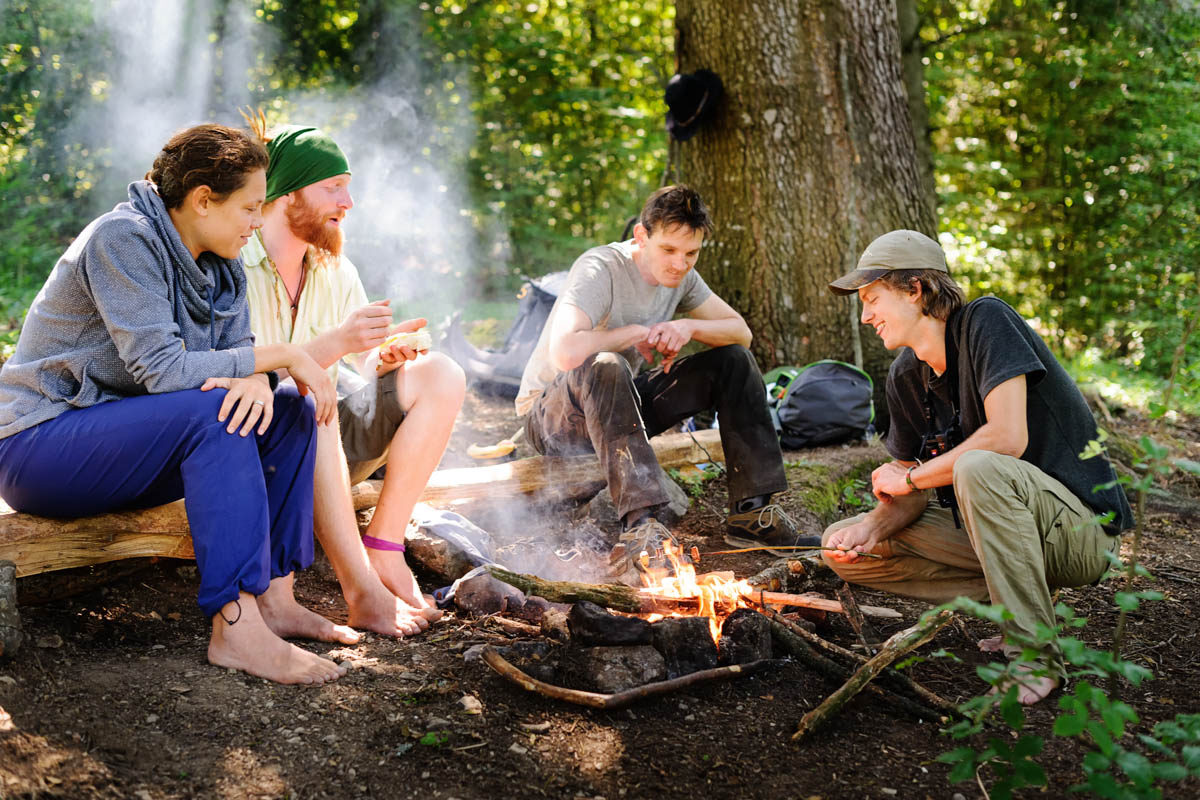
Working together
Building coalitions and providing support based on respect, trust and shared values. Connecting people of all backgrounds to co-create innovative ways of rewilding and deliver the best outcomes for communities and wild nature.
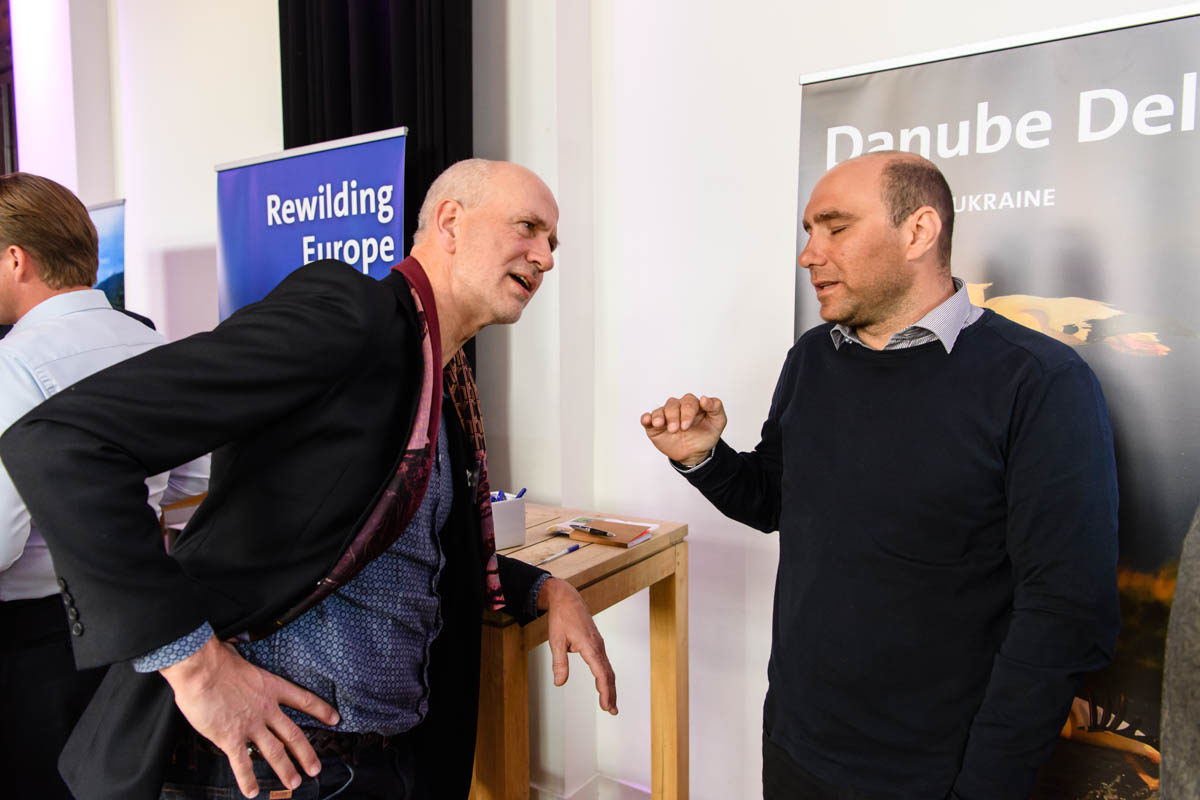
Knowledge exchange
Exchanging knowledge and expertise to continually refine rewilding best practice and achieve the best possible rewilding results. Using the best-available evidence, gathering and sharing data, and having the confidence to learn from failure will lead to success.
Initiating partners:
Endorsed by:
